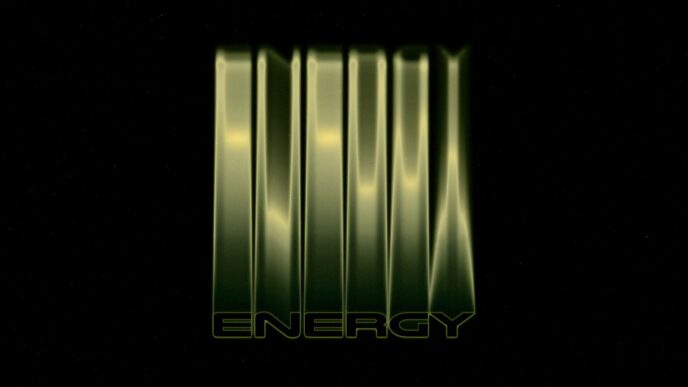Swiss company Synhelion is poised to make significant strides in sustainable energy by establishing a solar fuel production facility in Spain, set to commence operations in 2027. This innovative venture aims to produce synthetic fuels using advanced solar technology, marking a pivotal moment in the transition to renewable energy sources.
Key Takeaways
- Synhelion will begin construction of its RISE plant in Spain in 2025.
- The facility will produce 1,000 tons of solar fuel annually, including kerosene, diesel, and gasoline.
- A long-term agreement with AMAG Group ensures the purchase of 50,000 liters of solar gasoline per year starting in 2027.
- The technology allows for the production of various solar fuels without modifying existing infrastructure.
Synhelion’s Innovative Technology
Synhelion has developed a groundbreaking method to produce synthetic fuels directly from solar energy. Unlike traditional methods that convert solar energy into electricity, Synhelion utilizes solar heat to drive its processes. The company employs a field of heliostats—mirrors that concentrate solar radiation—on a solar tower, generating process heat exceeding 1,500 degrees Celsius.
This intense heat is then utilized in a thermochemical reactor to produce syngas, a mixture of hydrogen and carbon monoxide, which can be transformed into various types of solar fuels, including:
- Kerosene
- Gasoline
- Diesel
- Methanol
- Hydrogen
- Synthetic crude oil
The RISE Plant in Spain
The RISE plant, set to be constructed in Spain, will have a production capacity of 1,000 tons of solar fuel per year. This facility will focus on creating renewable kerosene for aviation, diesel for maritime and trucking industries, and gasoline for automobiles. The production is scheduled to begin in 2027, with the plant designed to operate continuously, thanks to its thermal energy storage capabilities.
Partnership with AMAG Group
In a strategic move to bolster its market presence, Synhelion has signed a long-term purchase agreement with AMAG Group, a Swiss automotive company. Under this agreement, AMAG Group will acquire 50,000 liters of solar gasoline annually from the RISE plant, contributing to its efforts to reduce CO2 emissions from its fleet.
Advantages of Solar Fuels
Synhelion’s solar fuels are classified as “drop-in” technologies, meaning they can seamlessly replace fossil fuels without necessitating changes to the existing fuel infrastructure. This compatibility extends to current internal combustion engines and jet engines, making the transition to renewable fuels more feasible.
The company aims to reduce production costs to below €1 per liter within the next decade, making solar fuels a competitive alternative to traditional fossil fuels.
Conclusion
As Synhelion prepares to launch its solar fuel production in Spain, the company stands at the forefront of the renewable energy revolution. With innovative technology and strategic partnerships, Synhelion is set to play a crucial role in the global shift towards sustainable energy solutions, paving the way for a cleaner, greener future.
Sources
- Swiss company Synhelion to start producing solar fuels in Spain in 2027 – pv magazine International, pv magazine International.














